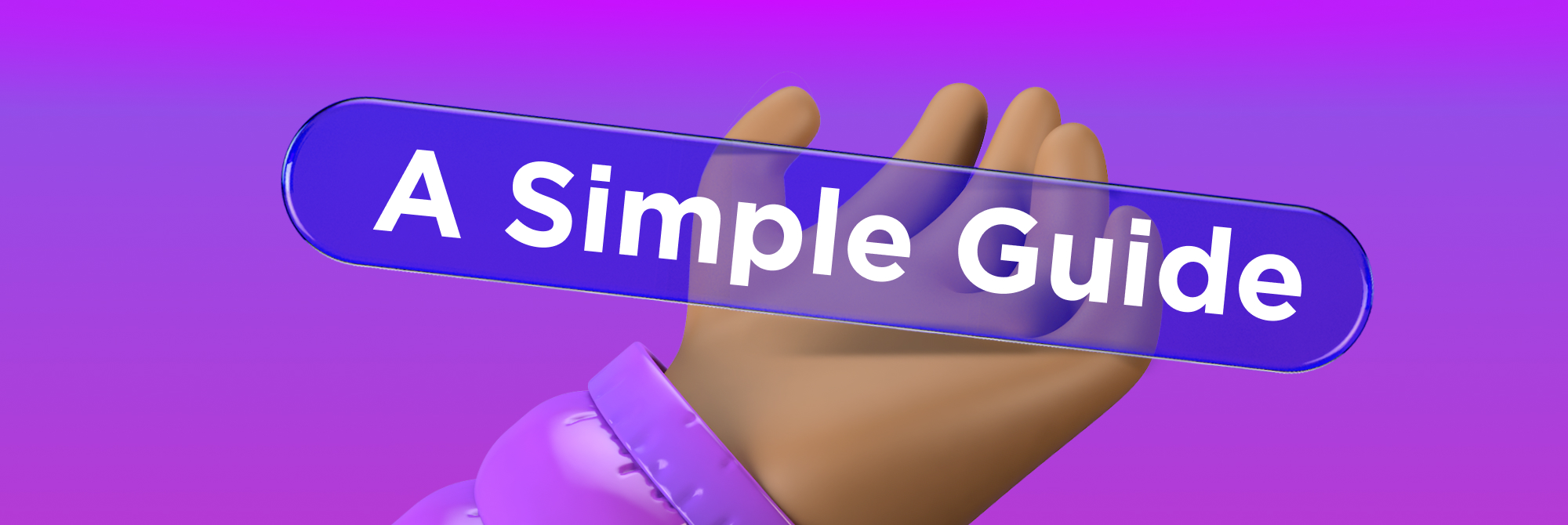A Simple Guide to Writing Your IB Extended Essay
Writing your IB Extended Essay might seem tough, but with a clear plan and structure, the process becomes much easier—and maybe even enjoyable! Here's a step-by-step guide to help you organize your essay and present your best work.
1. Title Page
Start with the essentials. Your title page should include:
- The title of your essay
- The subject
- Your research question
- Your candidate number
Make sure to follow the IB's specific guidelines so everything is formatted correctly.
2. Abstract
The abstract is a brief summary of your entire essay. It should cover:
- Your research question
- Your methods
- Main findings
- Conclusions
Keep it concise—300 words maximum. Although it appears at the start of your essay, it’s easier to write this section after you’ve completed everything else.
3. Table of Contents
The table of contents helps the reader navigate your essay. List all sections and subheadings along with their page numbers to keep your essay organized and easy to follow.
4. Introduction
This is where you grab the reader’s attention. Start by introducing your research question and giving some background on the topic. Explain why your research is important and what you hope to achieve. The introduction sets the stage for the rest of your essay.
5. Body
The body of your essay is where you present your research. Break it into clear, well-organized sections:
a. Literature Review: Summarize key studies and theories related to your topic. Highlight important concepts, debates, and any gaps in existing research.
b. Methodology: Explain the methods you used for your research, such as surveys, experiments, or literature analysis. Make sure to explain why these methods are suitable for your research question and mention any ethical considerations.
c. Data Analysis and Findings: Present your findings in a clear way, using charts, graphs, or tables if necessary. Interpret your data and explain how it answers your research question.
d. Discussion: Reflect on your findings. How do they compare to existing research? What challenges did you face, and how did they affect your results? This is your chance to analyse and connect everything.
6. Conclusion
Summarize your key findings and link them back to your research question. Reflect on the importance of your research and suggest any areas for further study. Your conclusion should wrap things up clearly and thoughtfully.
7. References
List all the sources you used in your research. Follow a specific citation style (MLA, APA, Chicago, etc.). Make sure every source, from books to websites, is properly cited to ensure academic integrity.
8. Appendices (if needed)
If you have extra material like raw data, charts, or graphs that don’t fit in the main body of your essay, include them in the appendices. This way, readers can refer to them without interrupting the flow of your essay.
Word Limit and Formatting
Your IB Extended Essay should be around 4,000 words. This word count does not include footnotes, citations, or the bibliography. Don’t forget to add page numbers to keep everything neat
IB Extended Essay Assessment Criteria
Your IB Extended Essay will be graded by examiners on a scale from 0 to 34 points. They will assess five key areas:
- Criterion A: Focus and Method (6 points max): This criterion evaluates whether your research question is clear and whether you’ve used the right methods to explore it.
- Criterion B: Knowledge and Understanding (6 points max): Show that you have a good understanding of the subject, concepts, and theories. Back up your ideas with solid evidence.
- Criterion C: Critical Thinking (12 points max): The most important criterion. It assesses how well you analyse and interpret your findings. Consider different perspectives and draw logical conclusions.
- Criterion D: Presentation (4 points max): This evaluates how well-organized and formatted your essay is. Consistent referencing and neat presentation also count here.
- Criterion E: Engagement (6 points max): Reflect on your research process. Show that you’ve thought deeply about your methods, identified strengths and weaknesses, and personally engaged with your topic.


